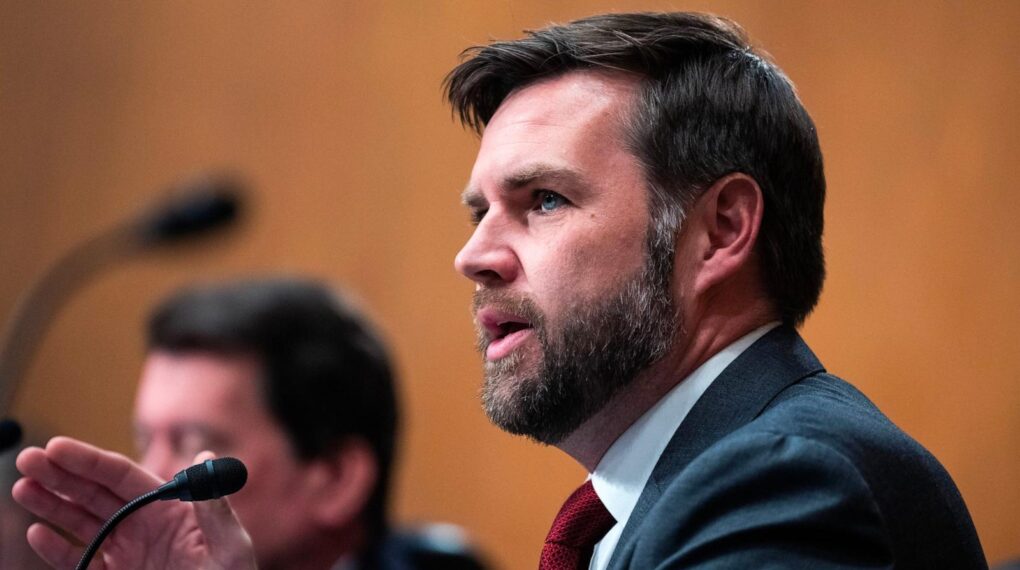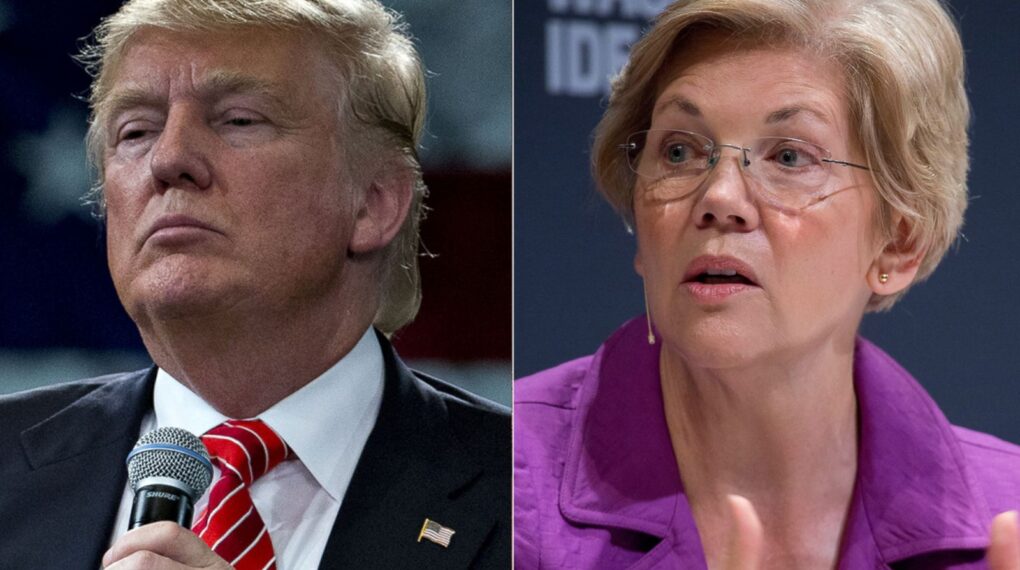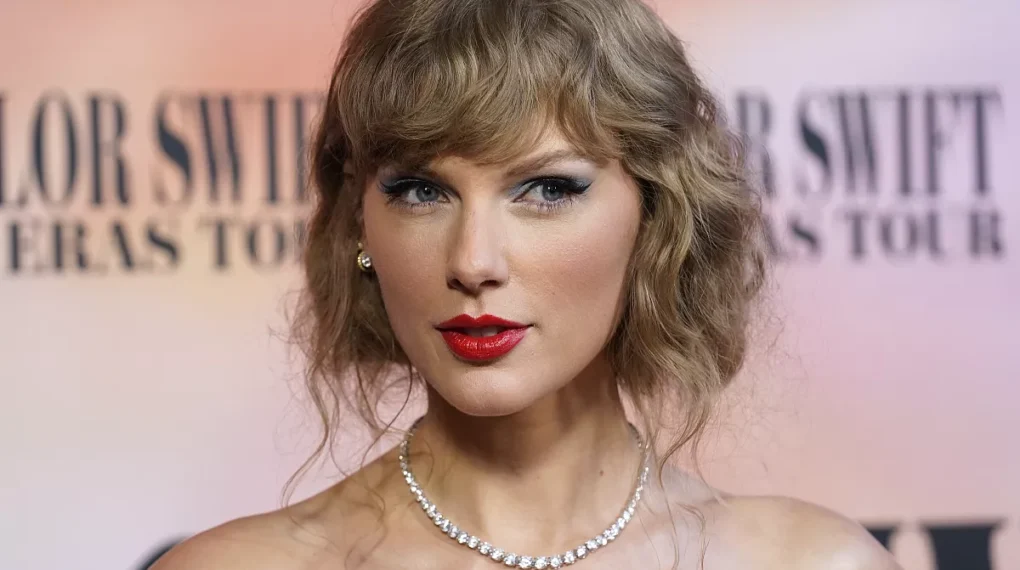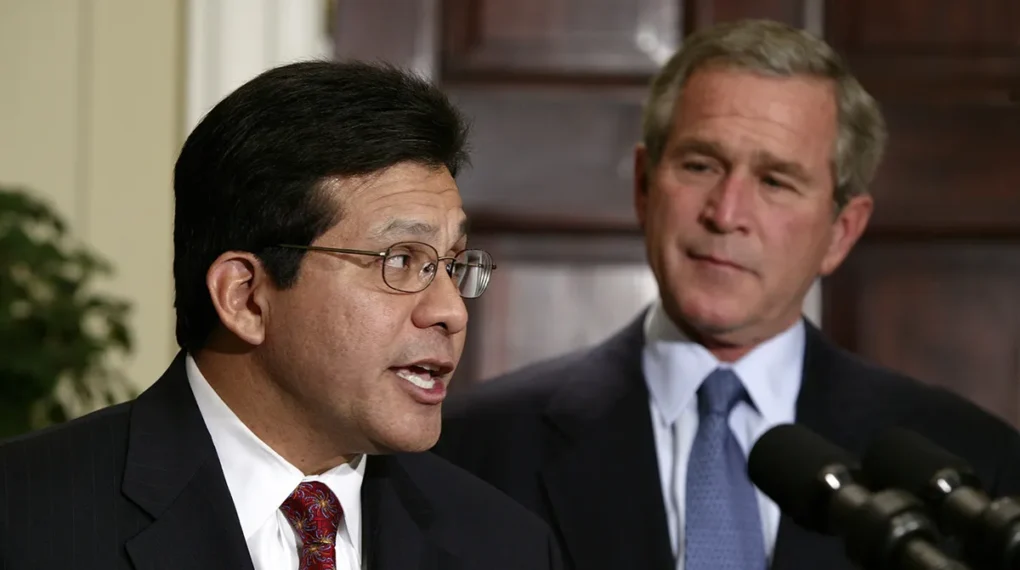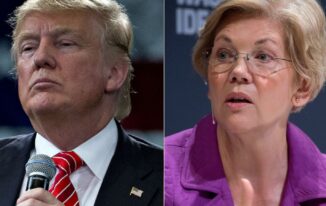So, Kamala Harris is officially stepping up to the plate, taking over from President Joe Biden on the Democratic ticket, with Tim Walz as her running mate. With the election clock ticking, everyone’s asking: Can she really beat Donald Trump? Let’s break it down.
First off, let’s talk about the gender gap. It’s growing. Harris is gaining more support from women, while Trump is holding onto his lead with men. The rural-urban-suburban split? Yeah, that’s still a thing. Trump’s got the rural folks on lock, but Harris is pulling ahead in cities and suburbs. Remember how suburbs flipped from Trump to Biden in 2020? Well, Harris is hoping they stick with the Dems this time around.
Now, Trump’s been bouncing from New Hampshire to Pennsylvania, which is a key battleground state. Meanwhile, Harris and Biden were rallying the troops in Pittsburgh, trying to drum up support. But the big question everyone’s wondering is, can Harris actually pull it off in November?
The latest polling averages give Harris a slight edge—3.3 points ahead of Trump, according to FiveThirtyEight. But, before you get too comfortable, keep in mind that swing states are still a mixed bag. A recent Activote poll shows her lead shrinking to just 1.6 points after holding steady at 5 points. This poll surveyed 1,000 likely voters, all of whom chose to participate through an app—so take that for what it’s worth.
Trump is still the king of the countryside, with 63% of rural voters in his corner. But Harris is leading among urban (58%) and suburban voters (56%). Interesting side note: Suburban voters picked Trump over Hillary Clinton in 2016, but Biden won them over in 2020. The big question is, will they stay blue?
An ABC News/Ipsos poll from late August gives us a peek into voter sentiments, and guess what? Harris seems to be doing a better job on the campaign trail, at least in the eyes of the voters. Trump’s support isn’t as rock-solid as it might appear—31% of his supporters admit to having second thoughts, which is almost double the number of Harris supporters who are on the fence.
Here’s a fun fact: Harris seems to have inspired more loyalty among Democrats. Back in July, 34% of Biden supporters had doubts, but now, a solid 60% are all-in for Harris. But, it’s not all sunshine and rainbows—about 1 in 5 Harris voters are motivated more by a dislike of other candidates than love for her, while only 9% of Trump supporters say the same.
Let’s talk about that gender gap. After the Democratic National Convention in late August, Harris saw a 3-point bump in support from women, bringing her up to 54%. Trump, on the other hand, saw a 5-point increase among men, with 51% now backing him. It’s like a political tug-of-war!
Now, what about those elusive independent voters? A massive Morning Consult poll of over 11,000 registered voters shows that independents are leaning toward Harris, but results vary depending on who you ask. Capturing the independent vote is going to be crucial, especially since they were the group most likely to support independent candidate Robert F. Kennedy Jr., who recently dropped out and threw his support behind Trump.
As for the battleground states—Arizona, Georgia, Michigan, Nevada, North Carolina, Pennsylvania, and Wisconsin—the fight is still on. According to the Cook Political Report, Harris is leading in six out of these seven states, with Trump holding strong in Nevada. Arizona, where Biden barely scraped by with a 0.4% win in 2020, now shows Harris with a stronger lead.
But don’t start celebrating just yet—polling in these key states is still all over the place. A YouGov/CBS poll from the same period suggests that neither candidate has a significant lead in any battleground state. Still, Harris seems to be picking up some of the momentum where Biden faltered, which could be a game-changer.
When it comes to voter opinions, Harris is the only candidate with a net positive favorability rating at +2%, according to an Emerson College poll.
Trump and his running mate, JD Vance, aren’t faring as well, with a net -10 unfavorable rating. And then there’s Tim Walz, Harris’s running mate.
He’s a bit of a wildcard—he’s got an overall neutral favorability rating, with 39% of voters viewing him favorably and another 39% not so much. Interestingly, a significant chunk of voters (22%) hadn’t even heard of Walz a week after he was announced. For Vance, that number’s a bit lower, at 12%.
As for President Biden, his approval ratings are in the red, with a net disapproval of -14%. This could be a factor as voters weigh their options, but with Harris now leading the ticket, the dynamics could shift as we inch closer to November.


